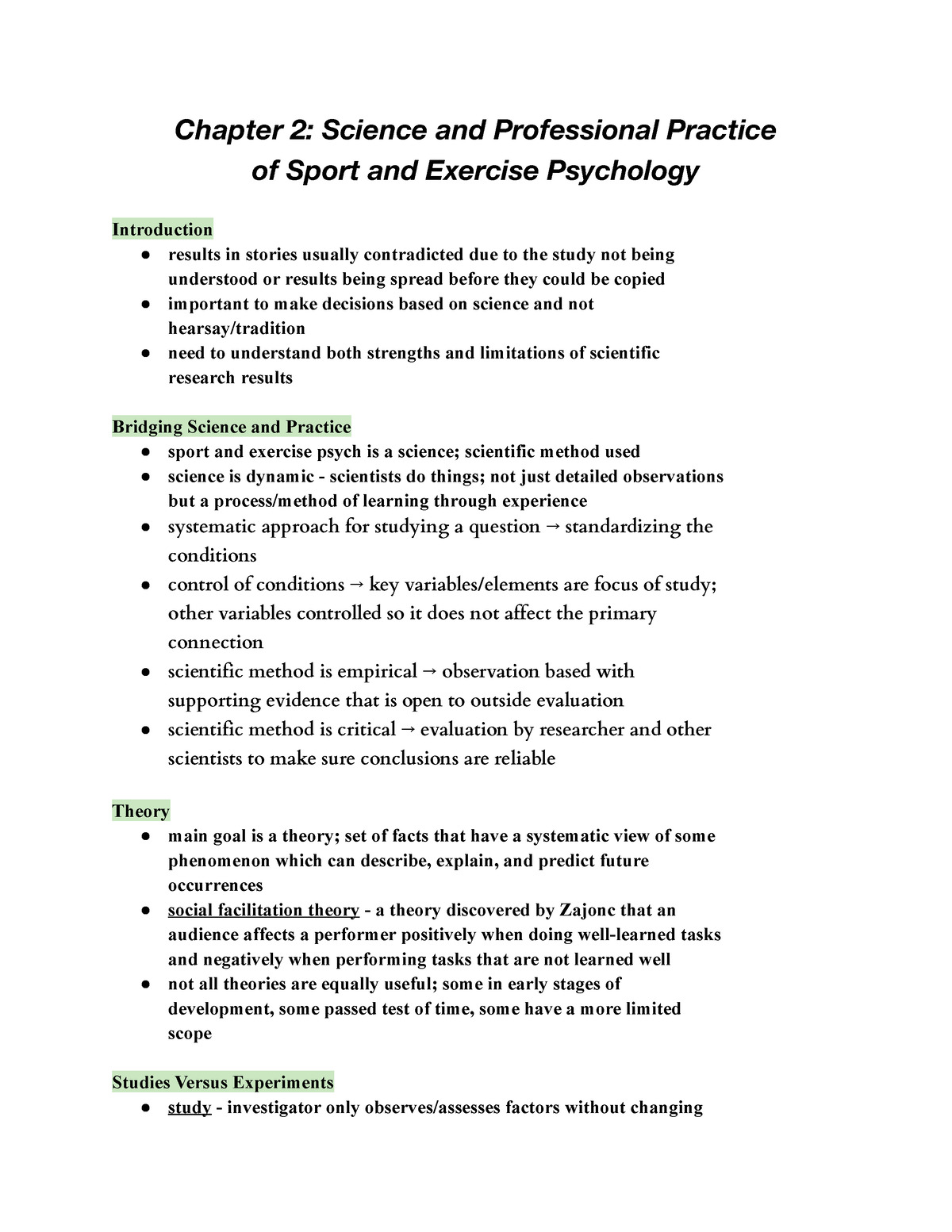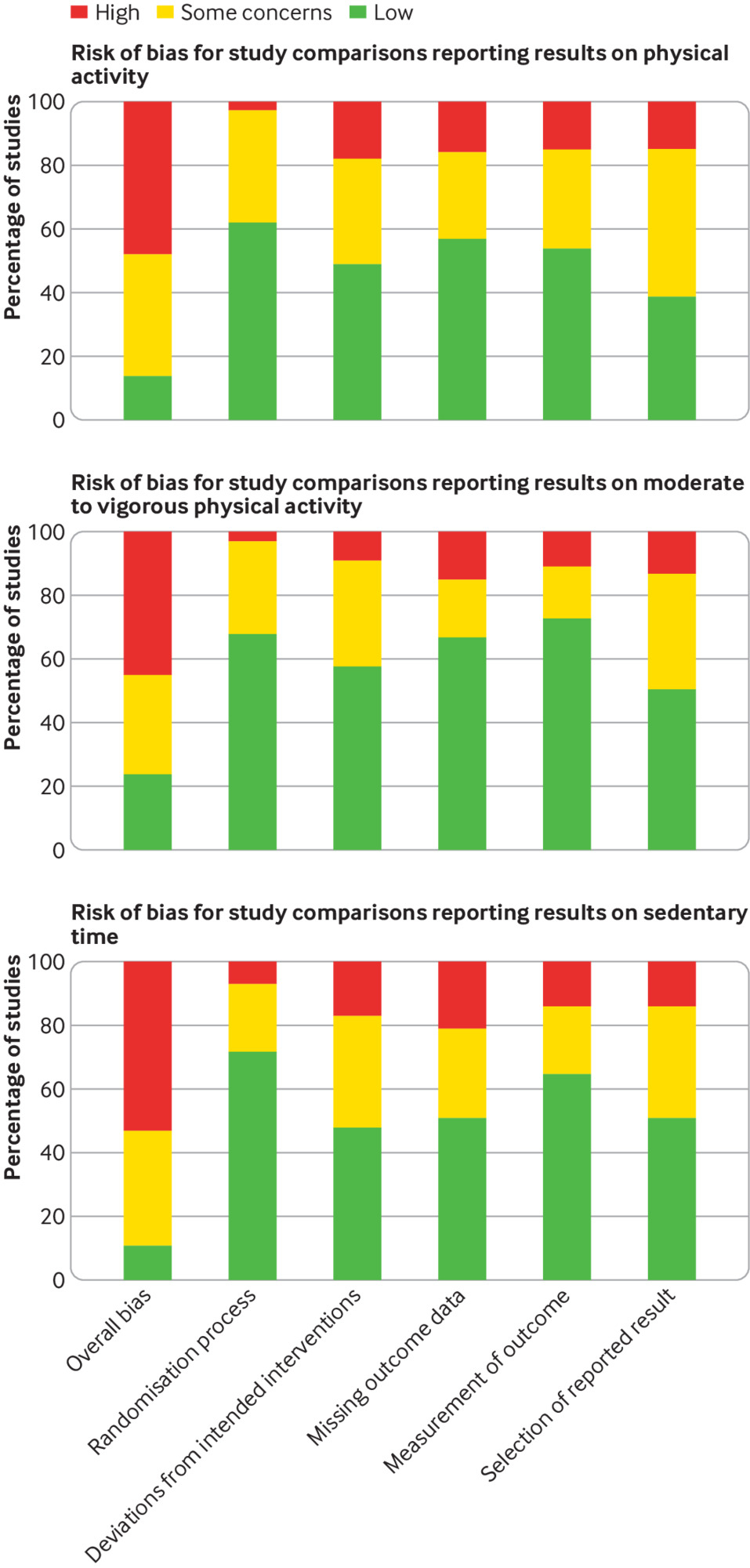Artificial intelligence (AI) chatbots are able to mimic human interactions using oral, written or verbal communication with the user. AI chatbots can deliver important health-related information and services, ultimately leading to promising technology-enabled interventions.
Study: Artificial Intelligence (AI)-Based Chatbots in Promoting Health Behavior Change: A Systematic Review. Image Credit: TippaPatt / Shutterstock.com
AI chatbots in healthcare
Digital telehealth and current therapeutic interventions are associated with several challenges, including unsustainability, low compliance, and inflexibility. AI chatbots are able to overcome these challenges and provide personalized on-demand support, higher interactivity and higher durability.
AI chatbots use data input from a variety of sources, which is followed by data analysis that is complemented by natural language processing (NLP) and machine learning (ML). The data output then helps users achieve their health behavior goals. To see also : Sophisticated Settings — Lifestyle — July 01, 2022.
Thus, AI chatbots are able to promote various health behaviors by efficiently delivering interventions. Additionally, this technology can provide additional health behavior change benefits by integrating into bodily functions.
Most previous studies of AI chatbots have aimed to improve mental health outcomes. Comparatively, recent studies are increasingly focusing on the use of AI chatbots to induce health behavior changes.
However, a systematic review on the impact of AI chatbots on changing lifestyles was associated with several limitations. These include the authors’ inability to differentiate AI chatbots from other chatbots. Additionally, this study only targeted a limited set of behaviors and did not address all potential platforms that could use AI chatbots.
A new systematic review published on the preprint server medRxiv* discusses findings from previous studies on the features, functionality, and components of AI chatbot interventions, and their impact on a wide range of health behaviors.
About the study
The current study was conducted in June 2022 and followed PRISMA guidelines. Here, three authors searched seven bibliographic databases, including IEEE Xplore, PubMed, JMIR Publications, EMBASE, ACM Digital Library, Web of Science, and PsychINFO.
The search involved a combination of keywords from three categories. On the same subject : Central Maine business report: GHM Agency member completes certification. The first category included keywords related to AI-based chatbots, the second included keywords related to health behaviors, and the third focused on interventions.
Inclusion criteria for the search were studies that involved interventional research focused on health behaviors, those that were developed on existing AI platforms or AI algorithms, empirical studies that used chatbots, English-language articles published between 1980 and 2022, as well as studies that reported quantitative or qualitative intervention outcomes. All data were extracted from these studies and subject to quality assessment using the National Institutes of Health (NIH) Quality Assessment Tool.
Study findings
A total of 15 studies met the inclusion criteria, most of which were distributed in developed countries. This may interest you : The federal office focused on the impacts of the climate crisis on health has no permanent staff or funding. The median sample size was 116 participants, while the average was 7,200 participants.
Most of the studies included adult participants, while only two involved participants younger than 18. All study participants had pre-existing conditions and included people with low physical exercise, obese people, smokers, drug addicts, breast cancer patients and Medicare beneficiaries.
Targeted health behaviors included quitting smoking, promoting a healthy lifestyle, reducing substance abuse, and adhering to medication or treatment. Additionally, only four studies used randomized controlled trials (RCTs), while others used a quasi-experimental design.
The risk of outcome reporting and bias in the randomization process was low, the risk of bias of planned interventions was low to moderate, the risk of bias in outcome measurement was moderate, and the risk of outcomes from unintended sources was high. All the factors for the description of the AI components were sufficient, except for the processing of unavailable input data and the characteristics of the input data.
Of 15 studies, six reported feasibility in terms of average number of messages exchanged with the chatbot per month and security. Additionally, 11 studies reported usability in terms of content usability, chatbot ease of use, user-initiated conversation, judgment-free safe space, and out-of-office support. Acceptability and engagement were reported in 12 studies in terms of satisfaction, retention rate, technical issues, and duration of engagement.
An increase in physical activity was reported in six studies, as well as an improvement in diet in three studies through chatbot-based interventions. Smoking cessation was reported in all four studies assessed, while one study reported a reduction in substance use and two studies reported an increase in treatment or medication adherence through the use of chatbots.
Several behavior change theories have been incorporated into chatbots, including Transtheoretical Model (TTM), Cognitive Behavioral Therapy (CBT), Social Cognitive Theory (SCT), Habit Formation Model, Motivational Interviewing, Mohr’s supportive accountability model and emotion-focused therapy to provide motivational support and track participant behavior. Most of the studies targeted behavioral goal setting, used behavioral monitoring, and offered behavior-related information, while four studies also provided emotional support.
Most of the studies used different AI techniques such as ML, NLP, Hybrid Health Recommender Systems (HHRS), hybrid techniques (ML and NLP) and face tracking technology to provide personalized interventions. Chatbots primarily used text-based communication and were either integrated into pre-existing platforms or delivered as independent platforms. Additionally, most chatbots needed data on users’ basic information, their goals, and feedback on behavioral performance to ensure the provision of personalized services.
Conclusions
Taken together, AI chatbots can effectively promote healthy lifestyle, smoking cessation, and adherence to treatment or medication. Additionally, the current study found that AI chatbots demonstrated significant usability, feasibility, and acceptability.
Taken together, AI chatbots are capable of delivering personalized interventions and could be scalable for diverse and large populations. However, further studies are needed to acquire an accurate description of AI-related processes, as AI chatbot interventions are still at a nascent stage.
Limitations
The current study did not include a meta-analysis and focused only on three behavioral outcomes. Additionally, articles from unscreened databases, articles in other languages, gray literature, and unpublished articles were not included in the review.
An additional limitation was that the interventions could not provide a clear description of the excluded AI chatbots. The study also lacked generalizability and information on patient safety was limited.
*Important notice
medRxiv publishes preliminary scientific reports that are not peer-reviewed and, therefore, should not be considered conclusive, guide clinical practice/health-related behaviors, or treated as established information.
What are the chatbot applications?
A chatbot or chatterbot is a software application used to conduct an online chat conversation via text or voice synthesis, instead of providing direct contact with a live human agent. A chatbot is a type of software that can help customers by automating conversations and interacting with them through messaging platforms.
What are the 4 types of chatbots? Here are the different types of chatbots:
- Menu/button based chatbots. …
- Linguistic Based (Rule Based Chatbots)…
- Chatbots based on keyword recognition. …
- Machine learning chatbots. …
- The hybrid model. …
- Voice robots. …
- Appointment scheduling or booking bots. …
- Customer support chatbots.
Which software is used for chatbot?
| Rank | AI chatbot | Rating (out of 5 stars) |
|---|---|---|
| 1. | Netomi | 5 |
| 2. | talked | 4.8 |
| 3. | WP-Chatbot | 4.7 |
| 4. | Microsoft bot framework | 4.6 |
What are chatbot applications?
A chatbot or chatterbot is a software application used to conduct an online chat conversation via text or voice synthesis, instead of providing direct contact with a live human agent.
Why do people prefer chatbots?
It is much easier to communicate with a bot because it only involves verbal cues, as opposed to human interaction which involves emotional involvement and non-verbal cues that need to be interpreted. In the end, a conversation with a chatbot does not require a lot of cognitive effort, which some of us sometimes wish.
What do people like about chatbots? Why do people use the chatbot? People use chatbots for different purposes. Chat bots are used for 24/7 customer support, which provides customers with instant answers to simple questions. Around 37% of customers use chatbots to get quick responses in emergencies.
Why do most customers prefer chatbots?
One of the things customers love about chatbots is that they provide instant responses and quick responses. There’s no queuing for help and no long, illustration-packed articles a customer has to sift through to find an answer.
Why are chatbots so popular?
Chat apps are one of the most popular on the web: and several social media channels (the other most popular apps) are integrating chat functionality into their platforms, along with chatbot capabilities. It gives businesses a new way to present themselves to their customers where they already are.
What is the future of chatbots?
The future of chatbots is for businesses to automate simple payments and allow users to pay directly through live chat or Facebook Messenger apps. The instant process makes the customer happy and improves their satisfaction. MasterCard has also launched a chatbot, especially for customer payments.
Are chatbots still relevant? Introducing chatbots is a process to improve the customer experience and make the customer service team more efficient rather than neglecting your customers. The world may have changed (and then some) since the start of 2020, but the importance of chatbots remains the same.
Why is chatbot the future?
Technologies such as chatbots have opened the doors to faster customer service solutions. The future of chatbots can be helpful in many aspects of customer experience. It provides customer service, presents product recommendations and engages customers through targeted marketing campaigns.
How will chatbots change the future?
Chatbots are expected to change the future of building relationships in a business with potential customers. According to Gartner, AI-integrated chatbots will force as many businesses as possible to invest in them to ensure personalized experiences for their targeted visitors.
Are chatbots in demand?
Consumers demand round-the-clock support in areas ranging from banking and finance to health and wellness. Due to this demand, chatbots are gaining popularity among businesses and consumers.



